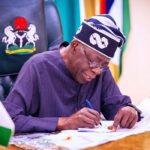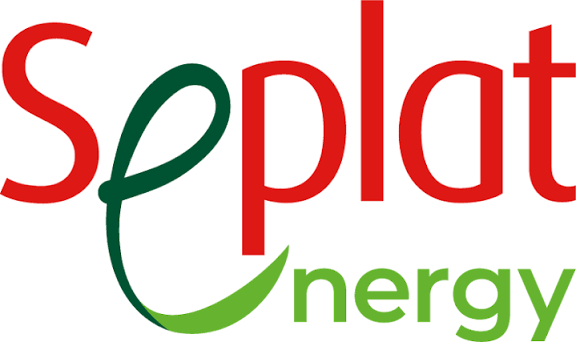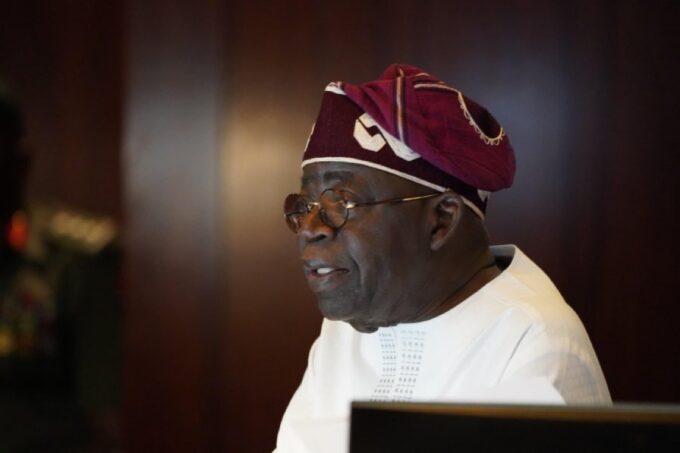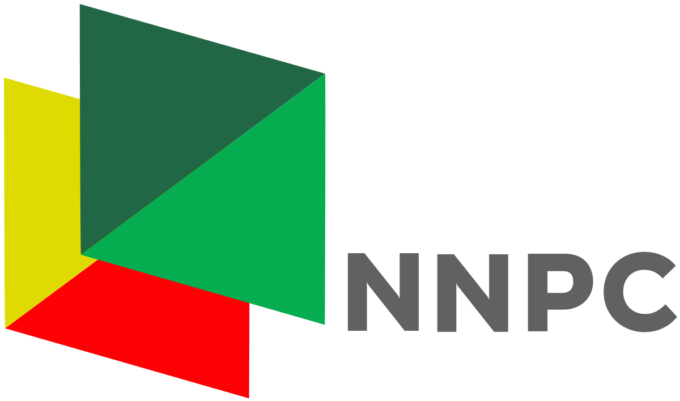President Bola Tinubu has approved a 15 per cent import tariff on petrol and diesel, describing the policy as a strategic step to stimulate local refining and strengthen Nigeria’s energy independence.
The new policy, which takes effect after a 30-day transition period expected to end on 21 November 2025, is part of the government’s strategy to protect local refiners and reduce the influx of cheaper imported products that threaten domestic refining investments.
The Presidency , which confirmed the development through a statement issued by the Special Adviser to the President on Media and Public Communications, Sunday Dare, on his official X handle on Friday, said the new policy is “a bridge, not a burden,” aimed at transforming Nigeria’s petroleum landscape and securing long-term economic stability.
Dare in the statement described the policy as a strategic measure to end Nigeria’s dependence on imported fuel and accelerate the country’s path to energy self-sufficiency.
“It’s no longer news that President Bola Ahmed Tinubu has approved a 15 per cent import duty on petrol and diesel, a bold and strategic move aimed at reshaping Nigeria’s energy landscape,” Dare wrote.
According to Dare, for years, Nigeria had depended heavily on imported fuel despite being one of the world’s leading crude oil producers, a situation that drained foreign exchange, hindered job creation, and stifled local refining investments.
“For years, the nation has depended heavily on imported fuel despite being a leading crude oil producer, draining foreign exchange and exporting jobs that should have been created at home. This new policy is designed to reverse that trend by encouraging local refining, boosting domestic capacity, and ensuring that Nigeria’s oil wealth translates directly into national prosperity,” the statement added.
Dare said the policy seeks to make imported products less competitive while tilting the market in favour of locally refined fuel from the Dangote Refinery, Port Harcourt Refinery, and modular plants under construction across the country.
“By making imported fuel less competitive, the government is tilting the market in favour of local refineries such as Dangote and other modular plants, laying the groundwork for a self-sustaining and resilient energy sector,” he stated.
While stating that as domestic refining ramps up, supply will strengthen, and pump prices are expected to stabilise over time, Dare added that this will also stimulate industrial activity, create jobs, and attract fresh investments into the downstream petroleum value chain.
“As local refining ramps up and supply strengthens, prices are expected to moderate while jobs, investment, and industrial activity expand. This policy is therefore not a burden, but a bridge, from dependence to independence, from vulnerability to strength,” Dare said.
The presidential aide’s comment marks a departure from the position of petroleum marketers, who have warned that the pump price of Premium Motor Spirit, popularly known as petrol, could rise above N1,000 per litre following President Bola Tinubu’s approval of a 15 per cent ad-valorem import tariff on fuel imports.











